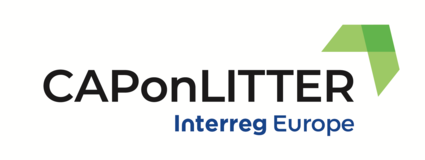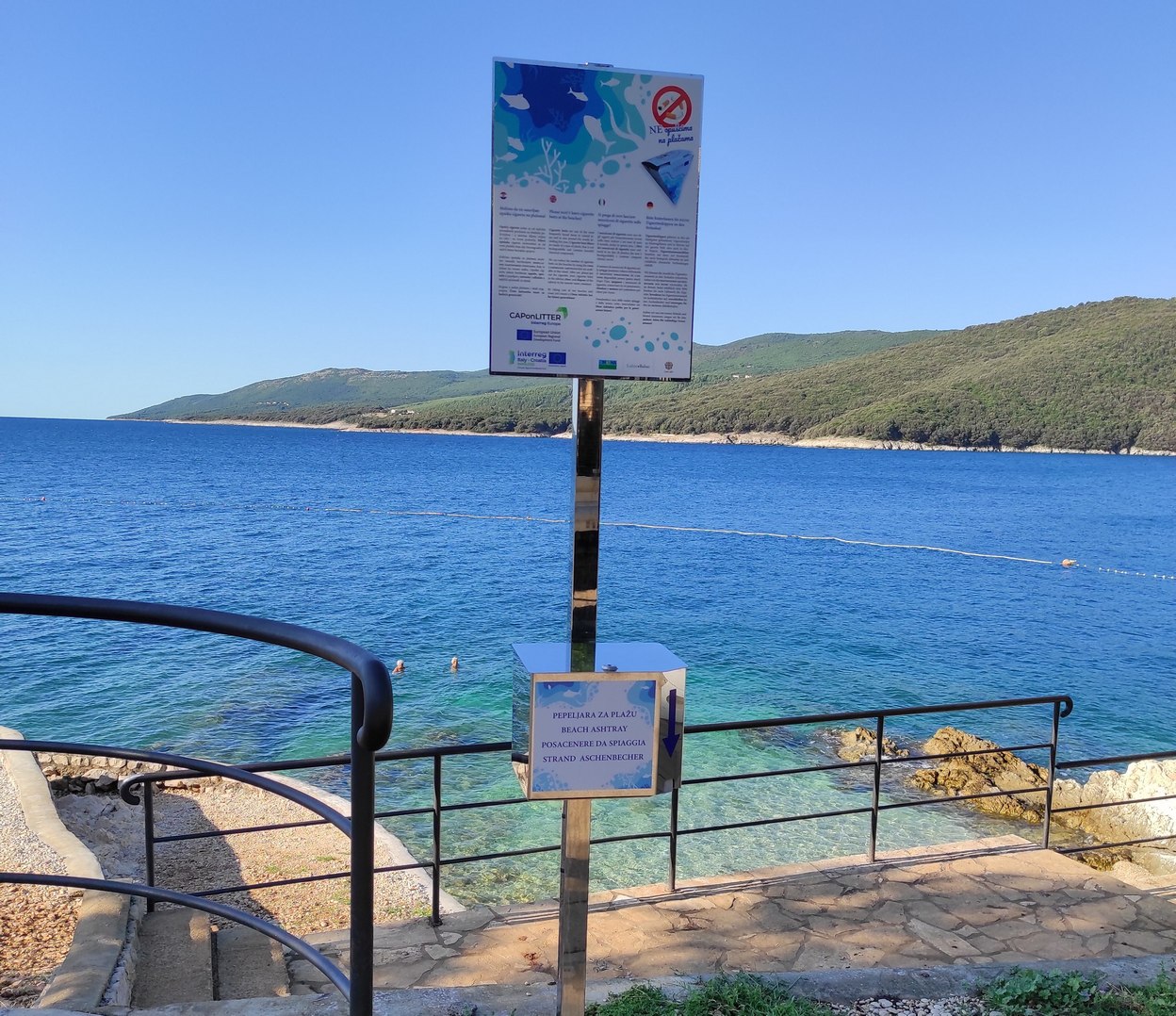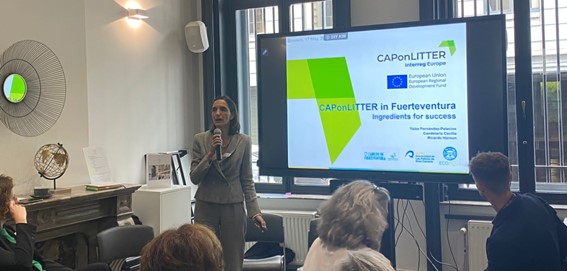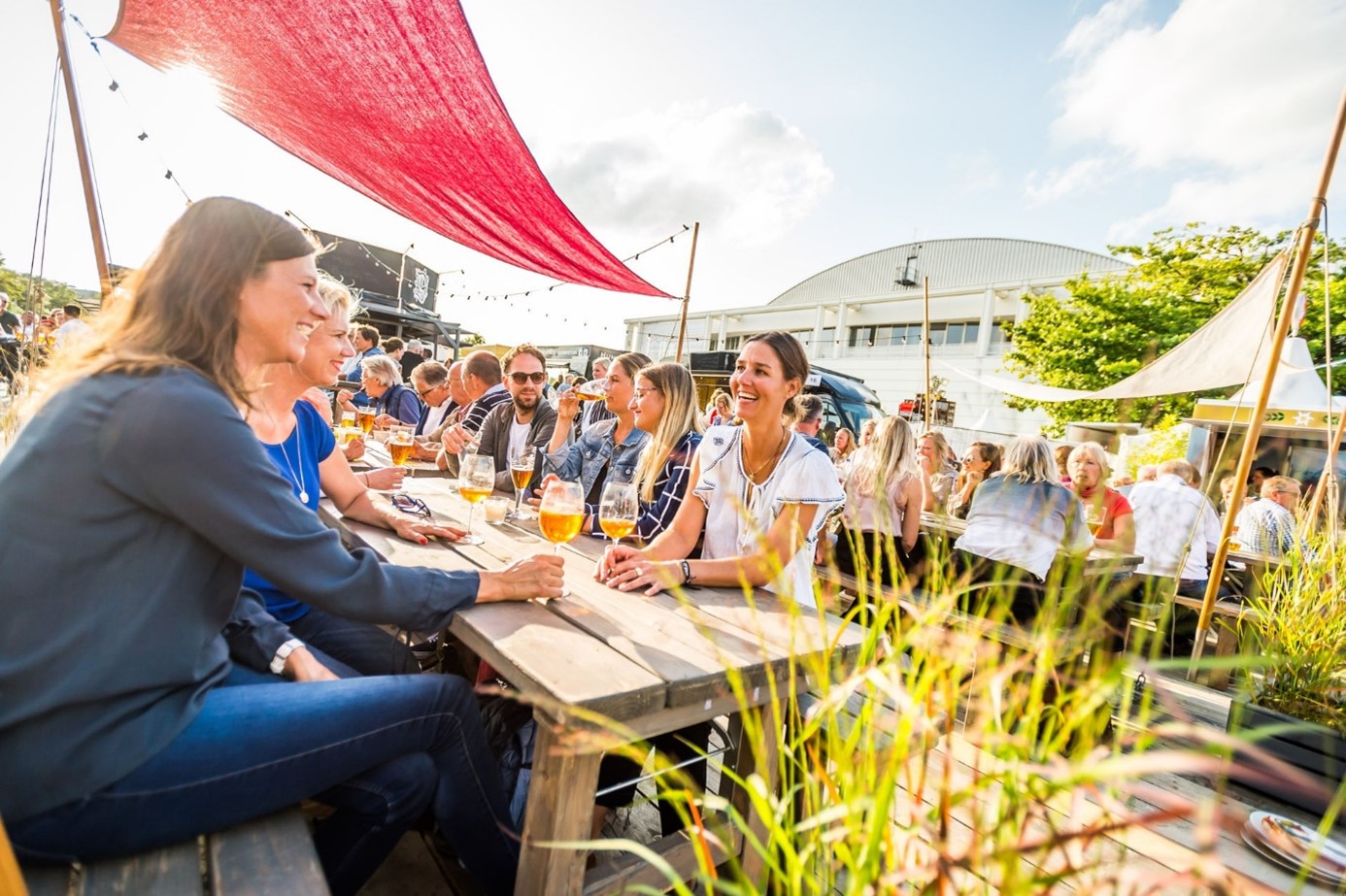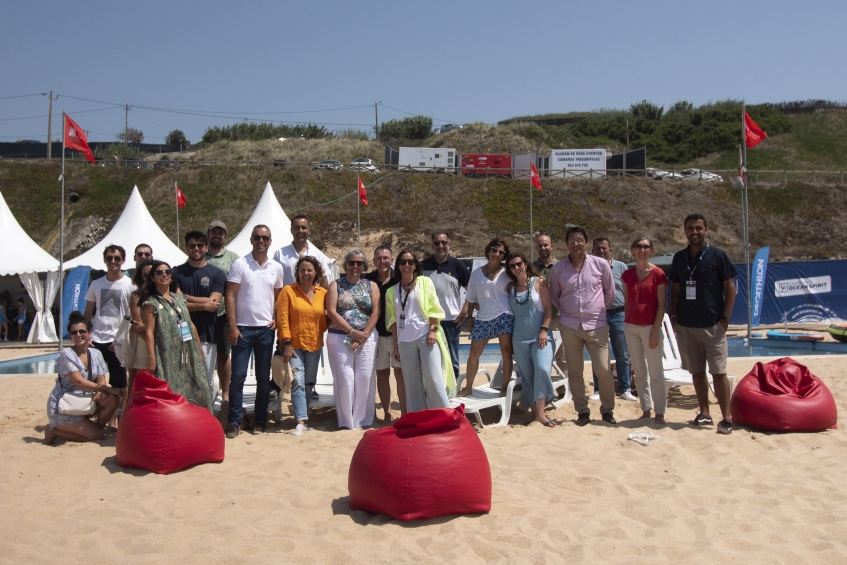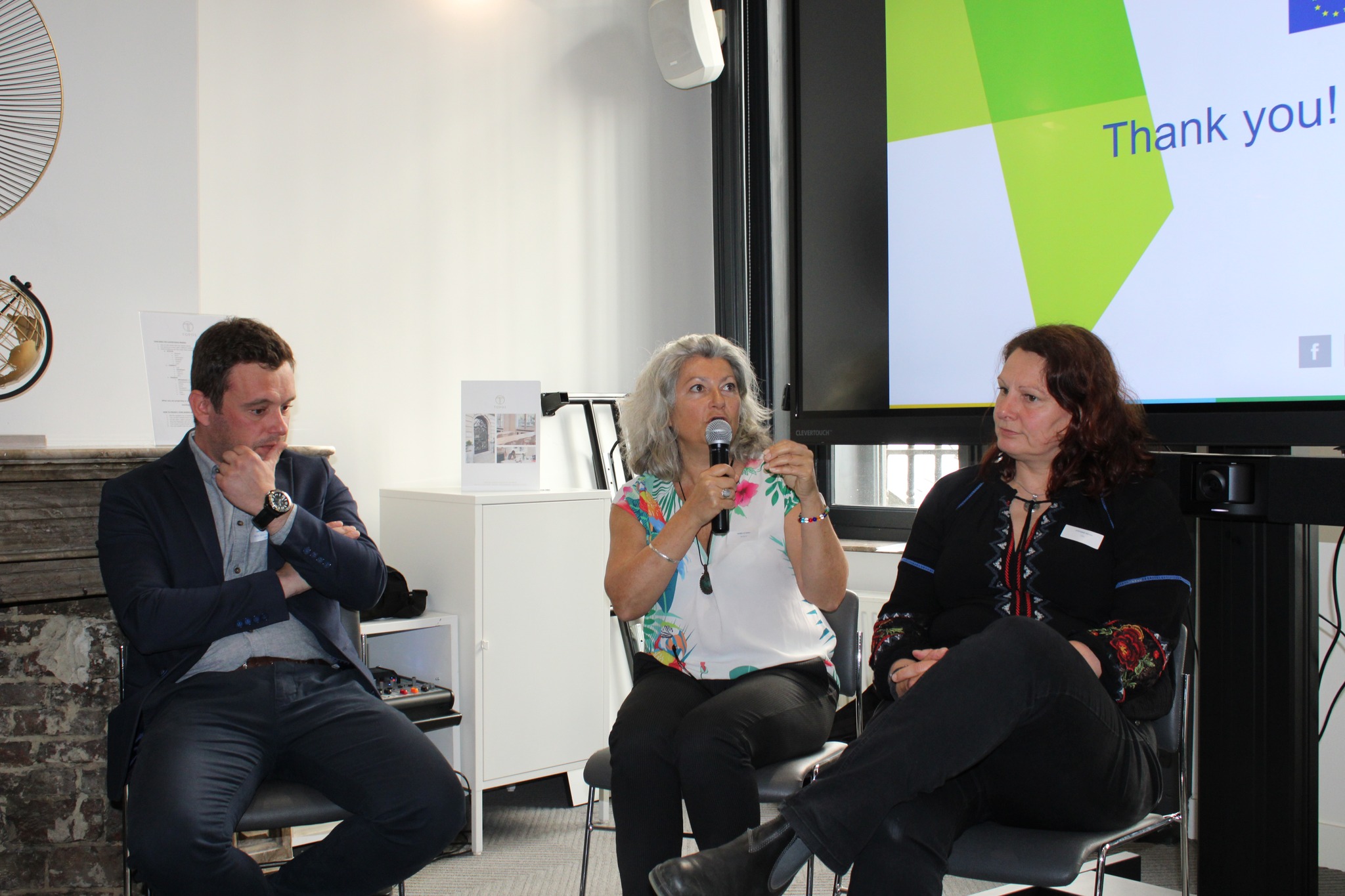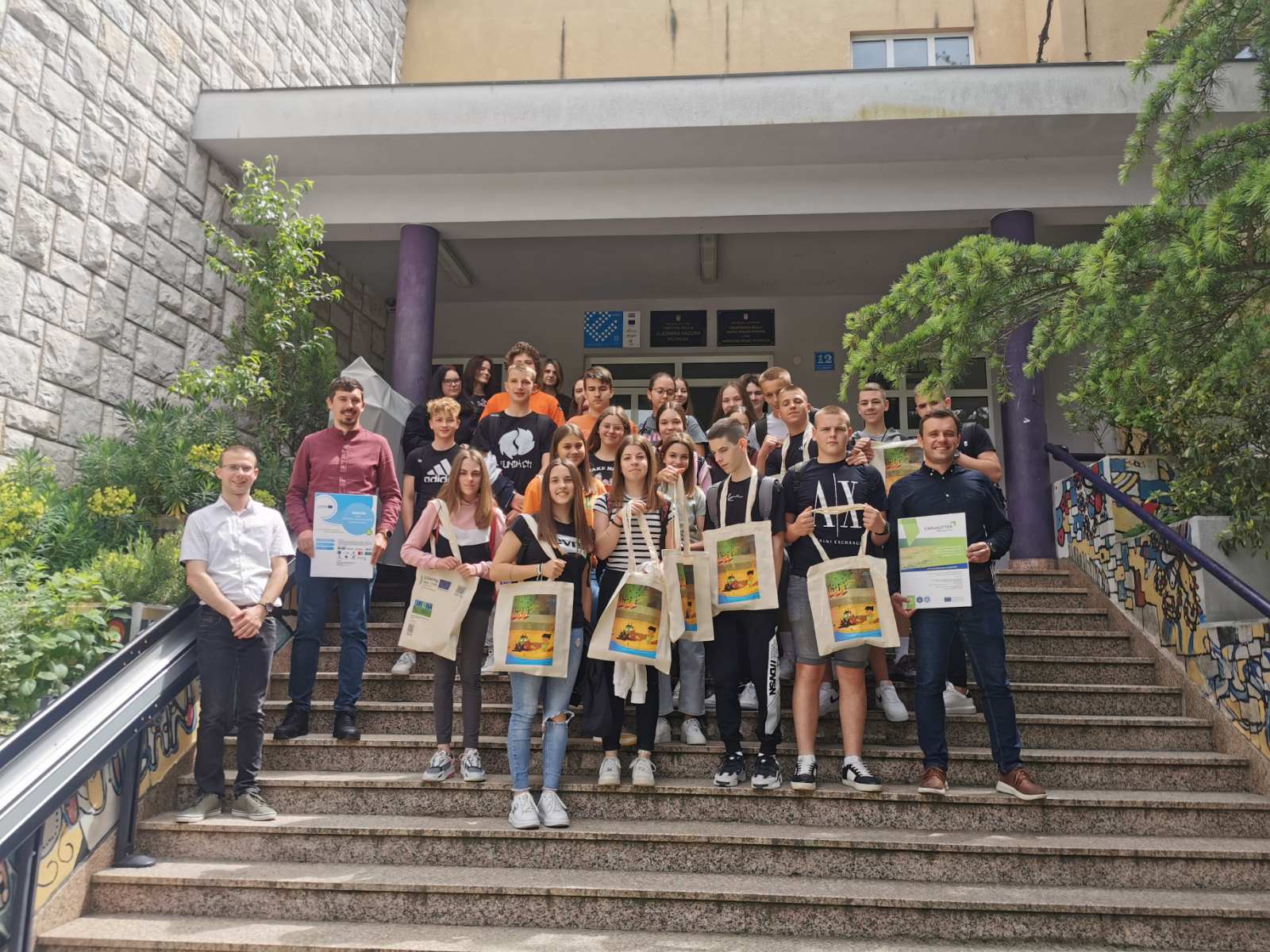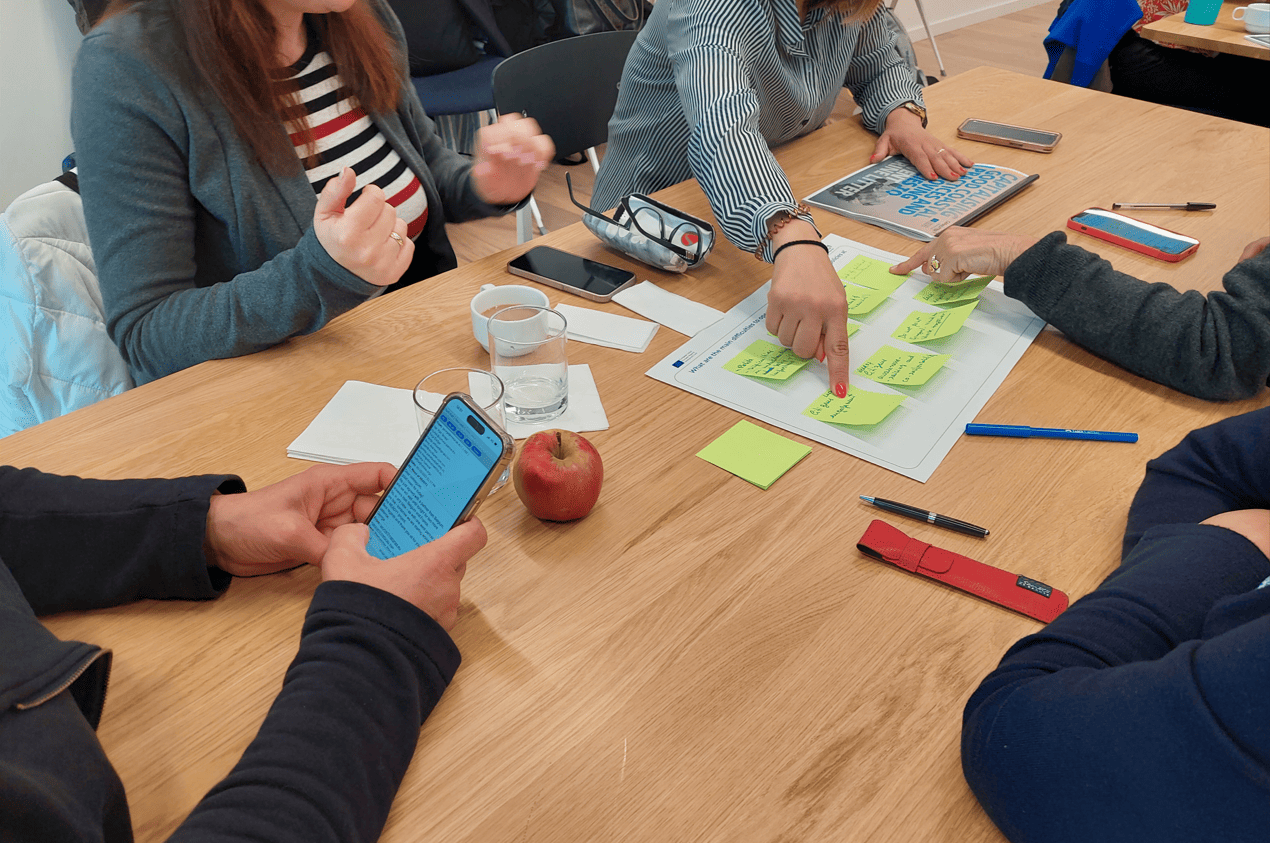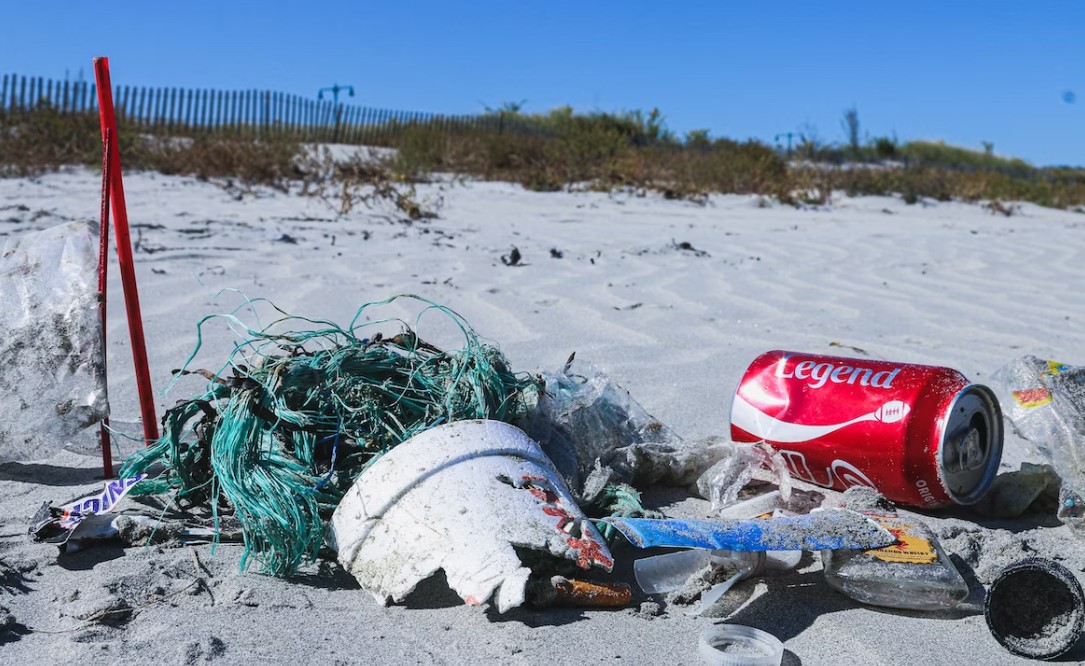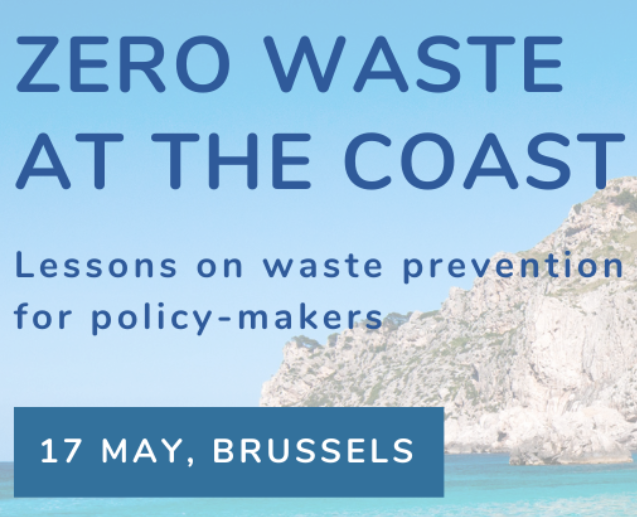
MerTerre was created in 2000, specifically to work towards the reduction of Marine Litter (ML) pollution and is now widely recognized as a key actor in this field, federating a large panel of actors.
MerTerre aims at reducing pollution by litter ending-up at sea throug
- The development of citizen science based tools to characterize marine litter
- Marine litter reduction and prevention plans, diagnosis and reports from watersheds to aquatic environments
- The coordination of a wide ‘zero waste’ target network (waste pickers, NGOs, Sports Club, Natural reserve managers, etc)
- The support of public bodies through recommendations and by developing public awareness programs
- The involvement into working groups and think tanks to influence decision-makers at national, European and international levels.
MERTERRE has been chosen by the Ministry of Ecology to build the foundations of a national network of Marine Litter (ML) cleanup actors (waste pickers, NGOs, Sports Club, Natural reserve managers, etc). Accordingly, in 2019, with the support of the Région Sud PACA, MerTerre has created the Mediterranean Zero Plastic Network (ReMed).
The first target of this first regional scale pilot web platform is to federate and reinforce all the actors involved in the preservation of natural environments ; to share good practices, methodological and pedagogical tools. The second one, thanks to the citizen-sourced database it contains, is to monitor Marine Litter pollution and increase the knowledge about it. With these scientific datas coming from litter pick-ups characterization, MerTerre is creating decision-making tools for policy leaders.
Following the success of this experimental regional platform, MerTerre has developed a counterpart national-scale platform : Zéro Déchet Sauvage. Today, already 201 structures are members of the Mediterranean Zero Plastic Network.
Explore & Preserve is an NGO and a collective with variable geometry aiming at raising awareness and informing on a local level, to the protection of the environment, including plastic pollution and other aquatic waste. Naturally, they joined the ReMed network created by PP7 MerTerre in 2019.
Their actions are multiple and in line with the objectives of the ReMed network:
- organize collections and identification of aquatic waste
- propose awareness campaigns (charters, billboards ...),
- create a link between different local actors on the territory: structures related to outdoor activities with schools, traders, fishermen etc.
- federate and inform about pollution problems on their territory
Born 1 year ago, Explore & Preserve already organized 35 clean ups so far, federated 2400 participants and picked up 7 tons of waste.
They use the ReMed network
- To identify the waste collected
- To monitor our data
- To report information about waste
- To be part of a larger approach/ action
- To point out certain types of localised and frequent pollution
- Because it’s a federating tool of dialogue
